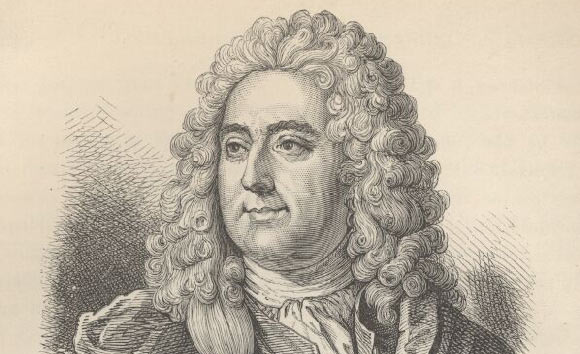Ambrose Evans-Pritchard Makes an Important Economic Discovery
Sometimes a little knowledge can be dangerous. As Frederic Bastiat already  pointed out a long time ago, it is the hallmark of a good economist to see what is not immediately obvious. That which is not immediately seen is often far more important than what is. One of the reasons why Keynesianism has been triumphant in the 20th century (and beyond, as it appears) is precisely that it is seemingly so easy to grasp because it focuses on superficial phenomena only. It is therefore no surprise that Keynes himself was full of praise of the amateurs and economic cranks that preceded him (such as Silvio Gesell, to name one).
Ambrose Evans-Pritchard (AEP) is a declared supporter of the monetarist school, which we have frequently described as ‘Keynesianism in drag’. That is perhaps not very charitable of us, but clearly the two schools have a lot in common, from their habit of aggregation of economic data to their support of statism and their embracing of ‘ethical and epistemological relativism’ as Hans-Hermann Hoppe has pointed out. Hoppe also notes that while monetarism is today seen as “…defin[ing] the borderline of respectable opinion on the political Right, which only extremists crossâ€, it was actually considered to be part of the ‘left fringe’ in the 1940s.

John Law, the first in a long list of monetary cranks who believed prosperity can be conjured into being via the printing press.
(John Law de Lauriston, by François GUIZOT)
The part of monetarist theory that is important for AEP is that the monetarists support money printing to avert the alleged ‘danger of deflation’. In a recent article he goes on about why the Bank of England should ‘never unwind QE’ (gee, surprise!), as if there were actually any danger of that ever happening. We doubt the BoE actually needs his support on the issue. The danger is actually rather that it might one day listen to even more radical money cranks like Lord Adair Turner or Martin Wolf, who think it would be a great idea to simply cancel the debt the the central bank has bought.

